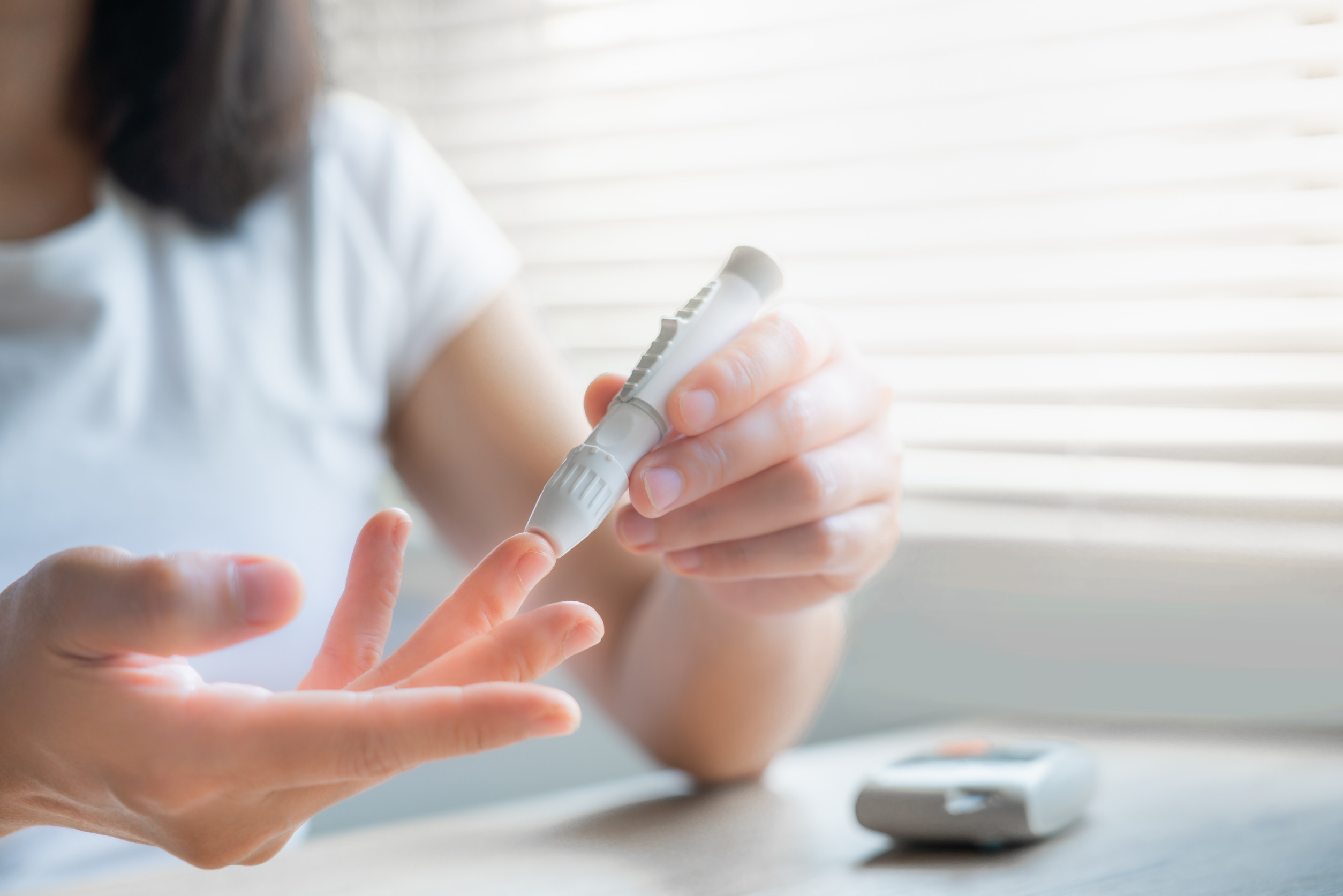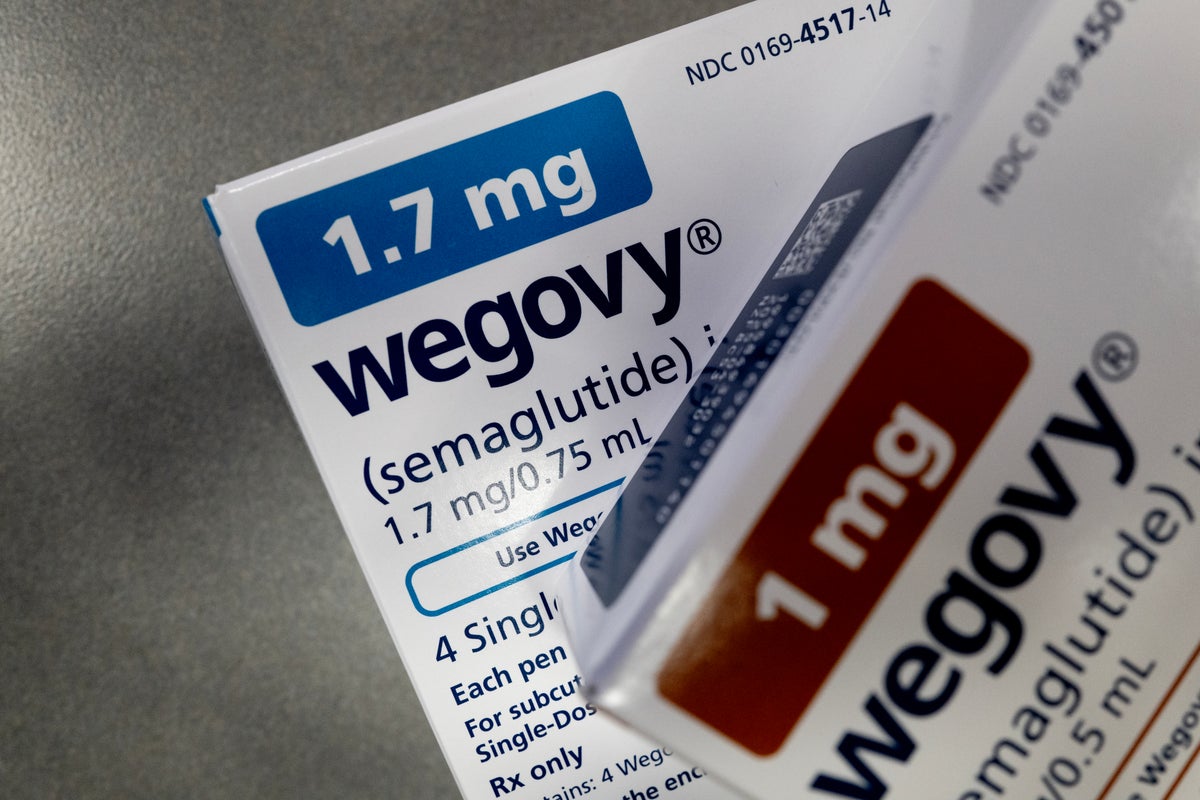A new spit test for prostate cancer has helped two brothers discover life-threatening tumours that were missed by traditional checks. Dheeresh Turnbull, a cognitive behavioural therapist from Brighton, found out about his cancer after joining the Barcode 1 study, which is assessing the new spit test. The test uses a man's genes to assess the likelihood of developing prostate cancer.
Mr Turnbull explained that previous tests had shown he was at low risk. The spit test, however, put him in the highest genetic risk category. Mr Turnbull said: "Once I agreed to go onto the trial, I underwent some tests.

"When my results came back, I was sent a letter to say I was in the top genetic risk category, and I was referred to The Royal Marsden. "Further tests revealed that I had prostate cancer, and I was told that a relatively low PSA score can still be harbouring a life-threatening tumour if the person falls in a certain genetic group. "I have no family history of prostate cancer, so I was completely shocked.
"I would never have been diagnosed at this stage if I hadn’t joined the trial." After learning about his own diagnosis, Mr Turnbull’s younger brother, Joel Turnbull, decided to take part in the study as well. He also discovered that he had an aggressive prostate tumour.
Mr Turnbull said: "Because the saliva test revealed that I had a high genetic risk of developing the disease, my younger brother, who would have been too young to join the study directly, signed up and discovered that he also had an aggressive tumour in the prostate. "It’s incredible to think that because of this study two lives have now been saved in my family." Experts have said that the new test could "turn the tide on prostate cancer" as it is able to identify men at highest genetic risk.
Among those tested, fewer people were falsely identified with prostate cancer than with the traditional PSA blood test. The spit test also picked up cancers that the PSA test missed and detected a higher proportion of aggressive cases. It was also able to find cancers missed by an MRI scan.
.
Health

Brothers discover life-threatening tumours in new spit test for prostate cancer

The test uses a man's genes to assess the likelihood of developing prostate cancer.















